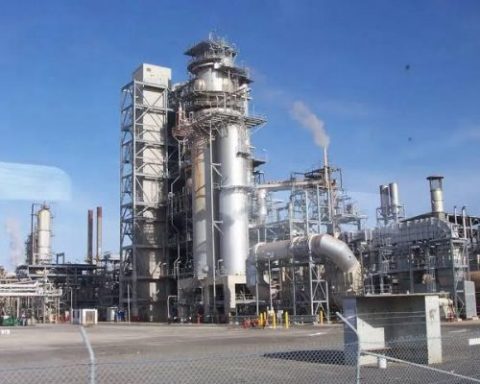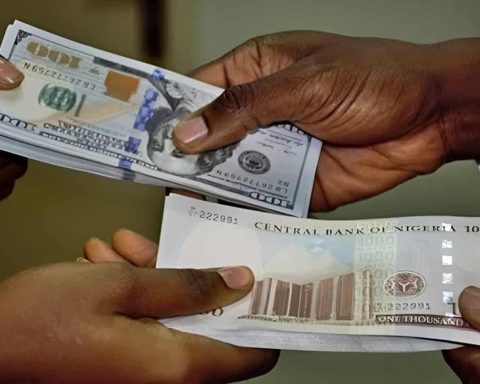The Centre for the Promotion of Private Enterprise (CPPE) says the Nigerian economy was impacted by diverse global and domestic variables in the first half of 2023.
Major global factors, according to Muda Yusuf runs the CPPE, were the Russian Ukraine war which continues to exacerbate energy costs and fueling inflation globally; the persistent monetary tightening in the advanced economies aimed at curbing a rather protracted inflationary pressure; and the worsening geopolitical tension triggered by the war in Ukraine.
Join our WhatsApp ChannelThere is also a growing fragmentation of the global economy amid increasing anti-globalization sentiments, especially in the United States and Europe.
READ: Central Banks Take Steps To Avert Global Crisis, Ease Dollar Liquidity
The tight global monetary conditions, according to Yusuf, had made access to global capital costly and difficult for developing economies. It also triggered global capital flow reversals from emerging economies. The phenomenon has weakening effect on the domestic currencies of the developing countries. These global headwinds had a dampening effect on economic growth in the first half of the year.
On the domestic front, Yusuf also pointed to major headwinds to growth – the naira redesign policy of the central bank, persistent dysfunctional foreign exchange policy, the political transition processes, weak recovery of oil production and the intractable challenge of insecurity in parts of the country.
ECONOMIC GROWTH PERFORMANCE
He noted that the GDP growth remained weak and fragile as it slowed to 2.31% in the first quarter of 2023, from 3.5% in the fourth quarter of 2022. Key sectors that contracted included agriculture which contracted by 0.9%, the first time in about a decade. The livestock sub sector was the worst hit as it contracted by a staggering 30.6%. Other sectors that contracted include oil refining which contracted by 35.8%; textiles, 3.7%; rail transportation, 49%; and Insurance, 8%.
The economic review also identified sectors that posted positive growth numbers as Manufacturing , which grew by a marginal 1.6%; Food and Beverage, 3.9%; Chemical and Pharmaceutical, 6.2%; Vehicle Assembly, 5.4%; Road Transport, 8%; ICT, 11%; Financial Institutions, 25%; and Real Estate, 1.7%.
Outlook For The Second Half – What Muda Yusuf is saying
Below is what CPPE thinks would happen to the economy in the next six months:
“It is laudable that the Tinubu administration is charting a new and positive course for the economy which portends bright prospects for recovery and growth. Already there are clear indications of elevated investors confidence, improvement in the government fiscal space, higher prospects of exchange rate stability in the near term, and positive expectations of better economic governance. The short to medium term outlook for forex liquidity is very good and prospects of increased inflow of capital is very bright.
“However, there is an urgent need to address the social outcomes of the recent reforms, especially the inflationary pressure induced by the fuel subsidy removal. Urgent measures need to be put in place to mitigate the soaring cost of living and the escalating operating and production costs, especially for of businesses.
“Inflationary pressures may intensify in the near term, the exchange rate may come under pressure in the short term as forex demand backlog exerts pressure on the official forex window. But the pressure is expected to ease before the end of the year. This would pave way for an equilibrium exchange rate which would be more tolerable and sustainable. Meanwhile the CBN should put in place a sustainable intervention framework to moderate the volatility in the forex market.
“With a better fiscal space, the outlook for lower fiscal deficit, moderation in the growth of public debt, reduction in debt service burden, and an improvement in the macroeconomic stability are very positive. All of these would impact on economic growth prospects in the second half of the year.
“Meanwhile, the Tinubu administration needs to promptly deploy measures to mitigate the current headwinds inflicted by the current reforms. The interventions should be a mix of direct interventions, tax incentives for low-income employees and small businesses, reduction in import duty on some critical intermediate products for key sectors of the economy, import duty concessions for the transportation, health, power and energy sectors. The improved fiscal space created by the reforms should make these mitigating measures feasible and they have to be implemented urgently in order to give the current reforms a human face.”












